Top 10 Best MSSP (Managed Security Service Providers) in 2025
In today’s complex digital landscape, the volume and sophistication of cyber threats have outpaced the ability of most organizations to manage their security on their own.
The escalating costs of in-house security teams, the global cybersecurity skills gap, and the 24/7 nature of cyberattacks have made it nearly impossible for businesses to maintain a resilient security posture.
This is where Managed Security Service Providers (MSSPs) step in.
By outsourcing their cybersecurity to an MSSP, organizations can gain access to world-class expertise, advanced technologies, and a continuous security presence, without the overhead of building and maintaining an internal Security Operations Center (SOC).
An effective MSSP provides more than just a security monitoring service; they become an extension of your team, offering a comprehensive suite of services from threat detection and response to vulnerability management and compliance.
As we move into 2025, the demand for sophisticated, AI-driven, and proactive security services has become the new standard.
The best MSSP will not only protect your assets but also provide strategic guidance to help you navigate the evolving threat landscape.
This article examines the Top 10 Best MSSPs for 2025, evaluating them on their core capabilities, technology, and value to a wide range of enterprises.
The Evolution Of MSSP Services In 2025
The MSSP market is undergoing a significant transformation, driven by several key trends:
AI and Automation: The integration of artificial intelligence and machine learning is no longer a luxury but a necessity for MSSPs to keep up with the volume of alerts and sophisticated attacks.
AI-driven platforms enable faster threat detection, automated response, and more accurate threat analysis.
Extended Detection and Response (XDR): MSSPs are moving beyond traditional endpoint and network security to offer XDR, which correlates data across the entire IT ecosystem, including endpoints, networks, cloud environments, and identity. This provides a more holistic view of an attack and enables a faster, more effective response.
Proactive Threat Hunting: The best MSSPs are not waiting for threats to surface. They are proactively hunting for signs of malicious activity within their clients’ environments, leveraging elite security analysts and advanced threat intelligence to uncover hidden threats.
Specialization: As the threat landscape becomes more complex, some MSSPs are specializing in areas like cloud security, OT/IoT security, or specific industry compliance, offering highly tailored services.
Hybrid and Multi-Cloud Environments: With the widespread adoption of cloud services, MSSPs must be proficient in securing hybrid and multi-cloud environments, ensuring consistent security policies and visibility across all platforms.
The following list of Top 10 Managed Security Service Providers showcases a mix of traditional security giants and modern, AI-powered leaders who are best equipped to address these challenges in 2025.
Comparison Table: Top 10 Best MSSP (Managed Security Service Providers) In 2025
| Company | Managed Detection & Response (MDR) | Threat Intelligence | Cloud Security Services | AI & Automation | Cybersecurity Consulting |
| Palo Alto Networks | ✅ Yes | ✅ Yes | ✅ Yes | ✅ Yes | ❌ No |
| CrowdStrike | ✅ Yes | ✅ Yes | ✅ Yes | ✅ Yes | ✅ Yes |
| IBM | ✅ Yes | ✅ Yes | ✅ Yes | ✅ Yes | ✅ Yes |
| Microsoft | ✅ Yes | ✅ Yes | ✅ Yes | ✅ Yes | ✅ Yes |
| Splunk | ✅ Yes | ✅ Yes | ❌ No | ✅ Yes | ✅ Yes |
| Secureworks | ✅ Yes | ✅ Yes | ✅ Yes | ✅ Yes | ✅ Yes |
| Accenture | ✅ Yes | ✅ Yes | ✅ Yes | ✅ Yes | ✅ Yes |
| Check Point | ✅ Yes | ✅ Yes | ✅ Yes | ✅ Yes | ✅ Yes |
| Fortinet | ✅ Yes | ✅ Yes | ✅ Yes | ✅ Yes | ❌ No |
| Cisco | ✅ Yes | ✅ Yes | ✅ Yes | ✅ Yes | ✅ Yes |
1. Palo Alto Networks

Why We Picked It:
Palo Alto Networks stands out for its deep integration of a leading-edge security platform with expert human analysis.
The Cortex XDR platform is a game-changer, correlating data across endpoints, networks, and cloud environments, allowing the MSSP team to perform extended detection and response.
This unified approach, combined with the world-class threat intelligence from Unit 42, provides a proactive and highly effective defense against modern threats.
Their MSSP services are built to fully operationalize these advanced technologies.
Specifications:
Their MSSP offerings are centered around the Cortex XDR platform, which provides MDR services.
They leverage Unit 42, their threat intelligence and incident response team, for proactive threat hunting and expert-led incident response.
Their services also include cloud security, network security, and secure access service edge (SASE) management.
Reason to Buy:
If you’re an organization looking for an MSSP that offers a unified, AI-driven security platform with expert human oversight, Palo Alto Networks is a top choice.
Their services are ideal for businesses that want to shift from a reactive to a proactive security posture and gain a strategic advantage against advanced cyber threats.
Features:
- Cortex XDR Platform: A unified platform for endpoint, network, and cloud security data.
- Unit 42 Threat Intelligence: Proactive threat hunting and expert-led incident response.
- AI-Driven Analytics: Automated root cause analysis and threat prioritization.
- Managed XDR: Comprehensive managed detection and response services.
- SASE Management: Secure Access Service Edge management for modern, distributed workforces.
Pros:
- Leverages a leading-edge, AI-powered security platform.
- Provides access to elite threat hunters from Unit 42.
- Offers a unified approach to security across the entire ecosystem.
- Strong focus on proactive threat hunting and incident response.
Cons:
- Can be a more premium-priced option.
- Integration with non-Palo Alto Networks products may be limited compared to more open platforms.
✅ Best For: Enterprises seeking a premium, platform-driven MSSP that combines AI-powered technology with world-class human expertise for proactive threat hunting and response.
🔗 Try Palo Alto Networks here → Palo Alto Networks Official Website2. CrowdStrike
.webp)
Why We Picked It:
CrowdStrike’s cloud-native architecture is a perfect fit for a managed service model, providing scalability and a lightweight endpoint agent that is easy to deploy and manage across a wide range of clients.
Their Falcon Complete MDR service is a standout, offering a 24/7 team of elite security experts who actively monitor, hunt, and respond to threats.
This combination of a highly effective platform and expert human intervention makes CrowdStrike a leading choice for proactive and rapid security services.
Specifications:
Their MSSP offerings are built on the CrowdStrike Falcon platform, providing next-gen antivirus, EDR, and Falcon Complete MDR services.
They also offer cybersecurity consulting, incident response, and threat intelligence services powered by their proprietary CrowdStrike Threat Graph and Falcon OverWatch teams.
Reason to Buy:
If your organization needs an MSSP that can provide rapid, 24/7 managed detection and response with a strong emphasis on threat intelligence and a high-performance, cloud-native platform, CrowdStrike is an excellent choice.
They are ideal for businesses that require fast, effective security without the operational burden.
Features:
- Falcon Complete MDR: 24/7 managed threat hunting and response by an elite team.
- Cloud-Native Platform: Scalable and easy to deploy with a lightweight agent.
- CrowdStrike Threat Graph: Unmatched, real-time threat intelligence.
- AI-Powered Detection: Behavioral AI to stop threats that evade traditional methods.
- Cybersecurity Consulting: A full suite of consulting services from a leader in the field.
Pros:
- Industry-leading MDR capabilities.
- Cloud-native platform offers superior scalability and ease of management.
- Exceptional threat intelligence and proactive threat hunting.
- Minimal performance impact on endpoints.
Cons:
- Can be a significant investment, especially for smaller businesses.
- Focus is heavily on endpoints, though they are expanding to cloud and identity.
✅ Best For: Organizations of all sizes seeking a leading cloud-native MSSP for high-performance, 24/7 managed detection and response.
🔗 Try CrowdStrike here → CrowdStrike Official Website3. IBM
.webp)
Why We Picked It:
IBM’s longevity and depth of expertise in enterprise security give them a significant advantage.
Their services are backed by a global network of SOCs and the powerful IBM X-Force threat intelligence team, which provides unparalleled insights into the global threat landscape.
Their ability to provide end-to-end security services, from security strategy and consulting to managed detection and response, makes them a one-stop-shop for complex security needs.
Specifications:
IBM’s MSSP offerings include Managed Detection and Response (MDR), Managed SIEM, Managed Endpoint Security, and Cloud Security Services.
They leverage their own technologies, including IBM QRadar for SIEM and security analytics and IBM X-Force for threat intelligence and incident response.
Reason to Buy:
If your organization requires a highly mature, globally-backed MSSP with a wide range of services, a strong security consulting practice, and a reputation for handling complex, large-scale security challenges, IBM is a top contender.
Features:
- Global SOC Network: 24/7 monitoring and response from a worldwide network of SOCs.
- IBM X-Force: A team of elite security researchers and incident responders.
- IBM QRadar: A leading SIEM platform for security analytics.
- Comprehensive Service Portfolio: From consulting to MDR and security strategy.
- AI and Automation: Integrates AI into security analytics and response workflows.
Pros:
- Extremely mature and comprehensive service portfolio.
- Global reach with a vast network of SOCs.
- Strong threat intelligence and incident response capabilities.
- Proven track record with large enterprises and government agencies.
Cons:
- Pricing can be complex and may be higher than some competitors.
- Can be less agile than some smaller, more focused MSSPs.
✅ Best For: Large enterprises and government agencies requiring a mature, globally-backed MSSP with an extensive, end-to-end service portfolio.
🔗 Try IBM here → IBM Official Website4. Microsoft
.webp)
Why We Picked It:
Microsoft’s unique strength lies in its deep integration with its widely adopted productivity, cloud, and identity platforms.
For organizations that are heavily invested in the Microsoft ecosystem, leveraging Microsoft as an MSSP is a natural and often highly effective choice.
They provide a seamless, unified security experience that eliminates the need for managing multiple vendors and disparate security tools.
The integration of Microsoft Sentinel for SIEM and Microsoft 365 Defender for XDR provides a powerful combination for detection and response.
Specifications:
Microsoft’s MSSP offerings are centered around their security solutions, including Microsoft 365 Defender (for endpoints, identity, email, and apps), Microsoft Sentinel (for SIEM and SOAR), and Microsoft Azure Security Center (for cloud security).
They provide managed security services that help clients implement, monitor, and respond to threats across these platforms.
Reason to Buy:
If your organization is heavily invested in the Microsoft ecosystem and wants to leverage a unified, integrated security platform for your managed security needs, Microsoft is an excellent choice.
They are ideal for businesses seeking to simplify their security stack and gain seamless protection across their Microsoft environments.
Features:
- Unified Platform: Integrated security across endpoints, identity, cloud, and applications.
- Microsoft Sentinel: A cloud-native SIEM and SOAR platform.
- Microsoft 365 Defender: Comprehensive XDR for Microsoft environments.
- Deep Integration: Seamlessly integrates with Windows, Office 365, and Azure.
- AI and Automation: Leverages AI for threat detection and automated response.
Pros:
- Seamless integration with the Microsoft ecosystem.
- Often a cost-effective choice for existing Microsoft customers.
- Unified security from a single vendor.
- Strong investment in AI and security innovation.
Cons:
- Less focused on non-Microsoft environments.
- May not be the best choice for organizations with a diverse, non-Microsoft technology stack.
✅ Best For: Organizations heavily invested in the Microsoft ecosystem looking for a unified, integrated, and cost-effective MSSP.
🔗 Try Microsoft here → Microsoft Official Website5. Splunk

Why We Picked It:
Splunk’s value proposition to the MSSP community is its powerful platform for data ingestion and analysis.
Its ability to aggregate, analyze, and visualize security data from virtually any source allows MSSPs to build highly customized and effective security services.
The platform’s scalability and powerful search capabilities are essential for managing large volumes of data and performing complex threat investigations, making it a foundational tool for a modern SOC.
Specifications:
Splunk’s security products include Splunk Enterprise Security (ES), a SIEM platform, and Splunk SOAR (Security Orchestration, Automation, and Response).
They provide security content, apps, and integrations that MSSPs use to build their own managed services, including managed threat detection and response.
Reason to Buy:
If you are an organization that has a strong in-house security team and wants to outsource specific security functions or augment your team with a powerful platform, partnering with a Splunk-based MSSP is an excellent strategy.
Splunk is a great choice for those who value data-driven security and require a platform that can handle massive amounts of security telemetry.
Features:
- Data Ingestion and Analysis: Can ingest and analyze data from any security tool or log source.
- Splunk Enterprise Security: A leading SIEM platform for security analytics and event correlation.
- Splunk SOAR: Automation and orchestration for accelerated incident response.
- Customization: Highly customizable dashboards, searches, and alerts.
- Scalability: Can handle petabytes of data for large-scale environments.
Pros:
- Unmatched data analytics and search capabilities.
- Foundational platform for building highly customized security services.
- Strong ecosystem of integrations and apps.
- Ideal for organizations that need to analyze massive amounts of security data.
Cons:
- Splunk itself is a technology vendor, not a service provider, so you must work with a partner who uses the platform.
- Requires significant investment and expertise to implement and manage effectively.
✅ Best For: Organizations with complex data environments that want to work with an MSSP who leverages a leading data analytics and SIEM platform for highly customized security services.
🔗 Try Splunk here → Splunk Official Website6. Secureworks
.webp)
Why We Picked It:
Secureworks is known for its elite team of security experts and its robust, proprietary Taegis platform. They have a proven track record of helping organizations of all sizes detect and respond to advanced cyber threats.
Their focus on the human element, with a team of threat hunters and incident responders, sets them apart.
They provide a high-touch, expert-led service that is designed to act as an extension of an organization’s internal security team.
Specifications:
Secureworks offers a range of services, including Managed Detection and Response (MDR), Managed Extended Detection and Response (MXDR), and Consulting Services.
All are built on the Secureworks Taegis platform, which aggregates security data from endpoints, networks, and cloud environments and is powered by their proprietary threat intelligence.
Reason to Buy:
If your organization needs a dedicated MSSP with a proven track record, deep expertise, and a purpose-built platform for MDR, Secureworks is an excellent choice.
They are ideal for businesses that want a high-touch, expert-led service to augment or replace their internal security operations.
Features:
- Secureworks Taegis Platform: Cloud-native platform for security analytics and operations.
- Elite Threat Hunters: A dedicated team of security experts for proactive threat hunting.
- Proprietary Threat Intelligence: Leverages a vast amount of threat data for superior detection.
- MDR and MXDR Services: Comprehensive managed detection and response.
- Incident Response: Expert-led incident response capabilities.
Pros:
- Pure-play MSSP with a long history of expertise.
- Highly effective threat detection and response.
- Proprietary platform is built for speed and efficiency.
- Focuses on the human element with elite security experts.
Cons:
- May be a more expensive option.
- Requires a strong reliance on Secureworks’ proprietary platform.
✅ Best For: Organizations of all sizes seeking a dedicated MSSP with a high-touch, expert-led service and a focus on managed detection and response.
🔗 Try Secureworks here → Secureworks Official Website7. Accenture
.webp)
Why We Picked It:
Accenture’s strength lies in its ability to combine strategic consulting with managed security services and advanced technology.
They are uniquely positioned to help large, global enterprises not only manage their day-to-day security but also develop and execute a long-term cybersecurity strategy.
Their global reach, massive scale, and ability to integrate security into broader business and IT transformation projects set them apart.
Specifications:
Accenture’s MSSP offerings are part of their comprehensive Accenture Security portfolio. Services include Managed Detection and Response (MDR), Vulnerability Management, Identity and Access Management (IAM), and Cloud Security.
They leverage their global network of Cyber Fusion Centers and a team of thousands of security professionals.
Reason to Buy:
If your organization is a large, global enterprise undergoing a digital transformation and requires a partner that can provide both strategic cybersecurity consulting and comprehensive managed security services, Accenture is an ideal choice.
Features:
- Cyber Fusion Centers: A global network of security operations centers.
- Strategic Consulting: Provides strategic guidance and cybersecurity roadmap development.
- Managed Services: A wide range of managed services, including MDR and vulnerability management.
- Global Scale: Ability to serve clients on a global scale.
- Integrated Solutions: Can integrate managed services into broader IT and cloud transformation projects.
Pros:
- Offers a unique combination of consulting and managed services.
- Massive global scale and resources.
- Ability to handle complex, large-scale enterprise challenges.
- Strong focus on integrating security into business strategy.
Cons:
- May be too expensive for small to medium-sized businesses.
- Can have a more rigid, large-enterprise-focused approach.
✅ Best For: Large, global enterprises requiring a strategic cybersecurity partner that can provide a full suite of managed services and consulting.
🔗 Try Accenture here → Accenture Official Website8. Check Point
.webp)
Why We Picked It:
Check Point’s strength lies in its commitment to a 100% channel-driven model and a platform designed with MSSPs in mind.
The Infinity Platform provides a single, unified management portal for network, cloud, and endpoint security, simplifying operations and reducing complexity for service providers.
Their flexible business models and dedicated support for MSSPs enable service providers to offer a broad range of high-margin security services to their clients.
Specifications:
Check Point’s MSSP program is built on the Check Point Infinity Platform, which includes Harmony (for secure access), Quantum (for network security), and CloudGuard (for cloud security).
They provide managed services for these product suites, as well as MDR, security consulting, and threat intelligence.
Reason to Buy:
If you’re an organization that wants to work with an MSSP that leverages a unified, consolidated security platform from a trusted vendor, Check Point is an excellent choice.
They are ideal for businesses that want a simpler, more integrated security solution for their network, cloud, and endpoints.
Features:
- Check Point Infinity Platform: A unified platform for network, cloud, and endpoint security.
- MSSP-Focused Program: Flexible business models, dedicated support, and simplified management.
- Unified Management Portal: A single portal to manage all security services.
- AI-Powered Threat Prevention: Proactive threat prevention across the entire attack surface.
- Managed MDR: Provides managed detection and response services.
Pros:
- Highly integrated security platform.
- Strong focus on and support for the MSSP community.
- Simplified and consolidated management.
- Flexible business models.
Cons:
- May be less well-known for their managed services than their security products.
- Requires a strong reliance on Check Point’s technology stack.
✅ Best For: Businesses that prefer to work with an MSSP leveraging a unified and consolidated security platform from a well-established vendor.
🔗 Try Check Point here → Check Point Official Website9. Fortinet
.webp)
Why We Picked It:
Fortinet’s strength for MSSPs lies in its Security Fabric platform, which is designed to provide seamless integration and automation across a wide range of security products.
This integrated approach allows MSSPs to offer a comprehensive portfolio of services without the complexity of managing multiple, disparate vendor solutions.
The Security Fabric also provides centralized management and a unified view of the threat landscape, which is essential for service providers managing multiple client environments.
Specifications:
Fortinet’s MSSP offerings are built around the Fortinet Security Fabric, which includes FortiGate (firewalls), FortiClient (endpoint security), FortiAnalyzer (analytics), and FortiManager (centralized management).
They provide managed services for all these products, as well as MDR, SASE, and secure SD-WAN.
Reason to Buy:
If your organization values a single-vendor, integrated security platform and wants to work with an MSSP who leverages it, Fortinet is an excellent choice.
They are ideal for businesses that want to simplify their security stack and gain consistent protection across their network, endpoints, and cloud environments.
Features:
- Fortinet Security Fabric: A broad, integrated, and automated security platform.
- Unified Management: Centralized management for all security products.
- Managed Services: A wide range of managed services, including firewalls, SASE, and MDR.
- Integrated Threat Intelligence: Leverages their own FortiGuard Labs threat intelligence.
- Scalability: The platform is designed to scale for large and complex environments.
Pros:
- Offers a comprehensive, integrated security portfolio from a single vendor.
- Strong focus on automation and centralized management.
- Scalable and flexible for various client needs.
- Solid reputation in network security.
Cons:
- Relies heavily on the Fortinet ecosystem.
- Can be a more product-focused approach rather than a pure-services approach.
✅ Best For: Businesses looking for an MSSP that leverages a single-vendor, integrated security platform for simplified and comprehensive protection.
🔗 Try Fortinet here → Fortinet Official Website10. Cisco

Why We Picked It:
Cisco’s strength in the MSSP market is its broad portfolio of security products and its deep expertise in networking.
For organizations with a significant investment in Cisco networking infrastructure, working with an MSSP that leverages Cisco’s security products is a natural fit.
Their SecureX platform provides a unified view of security across their various products, simplifying management and improving threat visibility for service providers.
Specifications:
Cisco’s MSSP offerings include Managed Detection and Response (MDR), Managed Firewall, and Managed Identity and Access Management (IAM).
They leverage their security products such as Cisco Secure Firewall, Cisco Secure Endpoint, and Cisco Secure Access by Duo.
The Cisco SecureX platform provides a single dashboard for management and orchestration.
Reason to Buy:
If your organization has a significant investment in Cisco networking and security infrastructure, an MSSP that leverages the Cisco ecosystem can provide a cohesive and well-integrated security solution.
They are ideal for businesses that want to get the most out of their existing Cisco investments.
Features:
- Broad Security Portfolio: A wide range of security products for network, cloud, and endpoints.
- Cisco SecureX: A unified platform for management and orchestration.
- Managed Services: Offers a wide range of managed services, including MDR and firewall management.
- Integrated Threat Intelligence: Leverages Cisco Talos threat intelligence.
- Strong Partner Ecosystem: A vast network of service providers.
Pros:
- Strong presence in networking and security.
- Cisco SecureX provides a unified view and management.
- Leverages world-class threat intelligence from Cisco Talos.
- Ideal for organizations with an existing Cisco footprint.
Cons:
- Can be a less focused, more generalist approach to managed security.
- Some of their offerings can feel like a collection of products rather than a fully integrated platform.
✅ Best For: Organizations with a significant investment in Cisco networking and security infrastructure looking for a well-integrated MSSP.
🔗 Try Cisco here → Cisco Official WebsiteConclusion
Choosing the right Managed Security Service Provider in 2025 is a critical decision that will significantly impact your organization’s cybersecurity resilience.
The landscape is rich with diverse options, from established giants like IBM and Cisco to modern, platform-driven leaders like CrowdStrike and Palo Alto Networks.
The key is to find an MSSP that not only provides the necessary security services but also aligns with your business’s unique needs, culture, and technology stack.
The top MSSPs on this list all share a commitment to proactive, AI-driven security and expert human analysis.
By carefully evaluating their specifications, features, and the “best for” categories, you can make an informed decision that will enable your business to confidently navigate the ever-evolving threat landscape.
Outsourcing your security to a trusted MSSP is no longer just a cost-saving measure it is a strategic imperative for long-term security and business success.
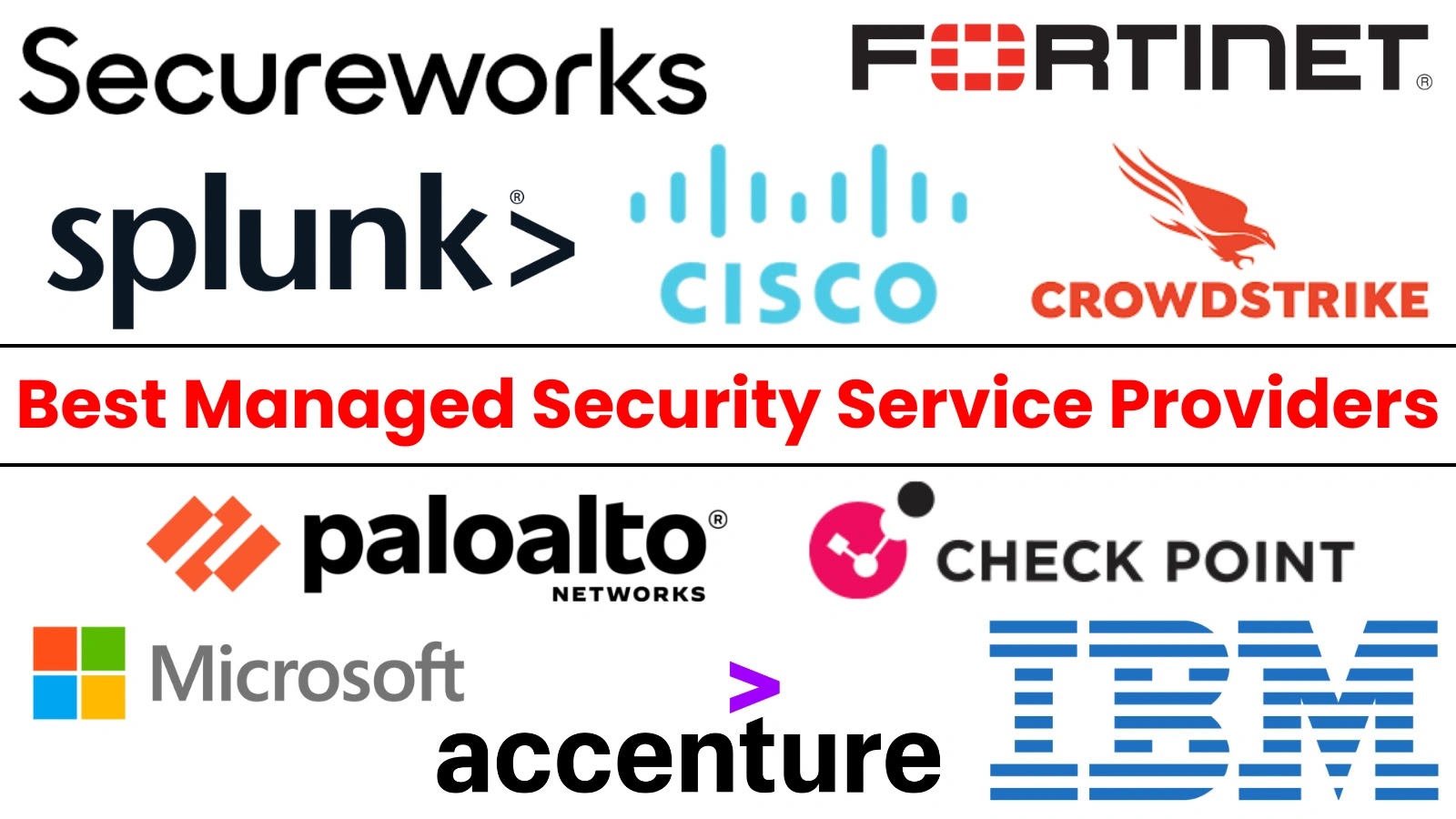
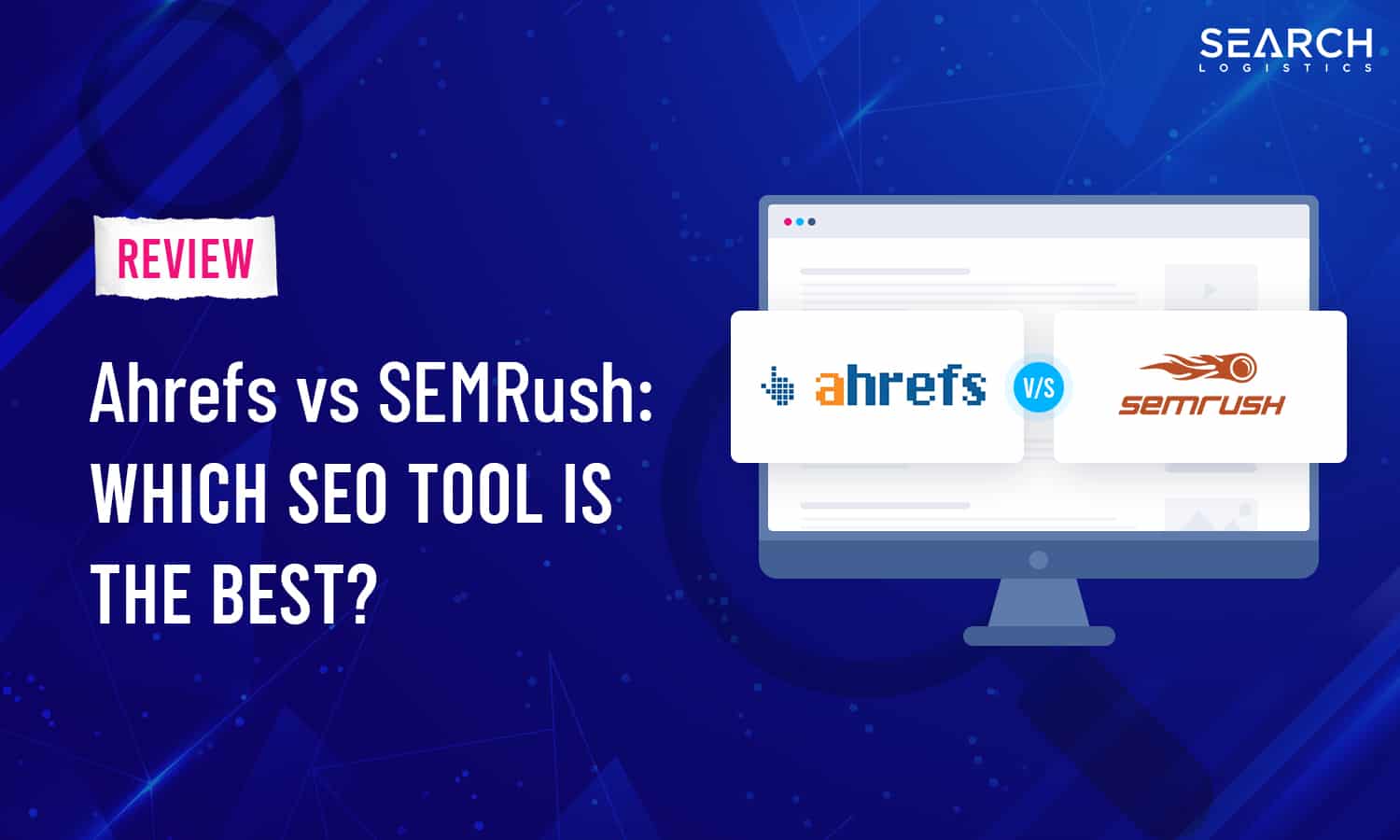
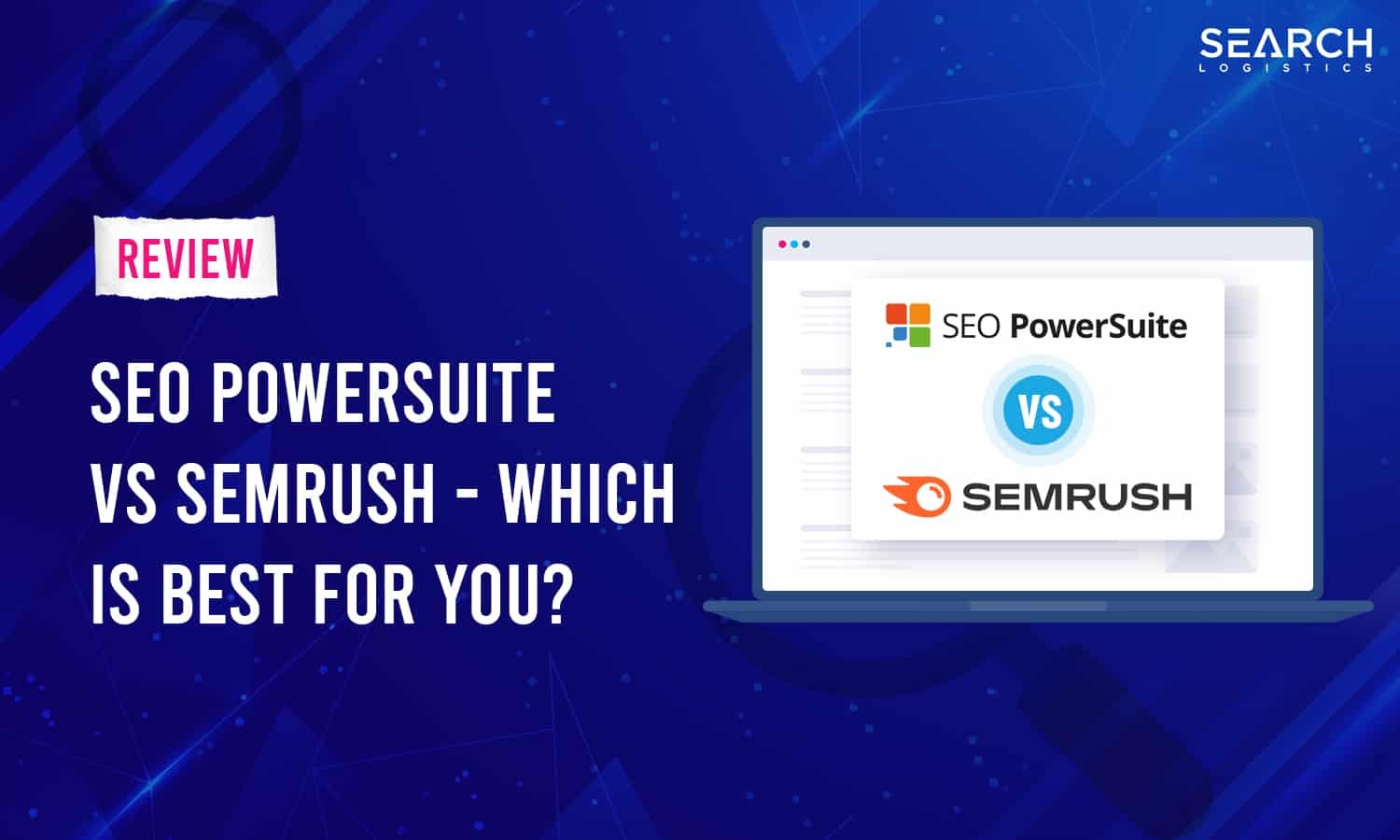


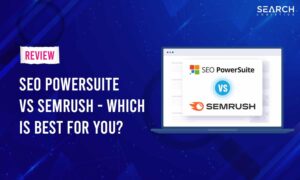







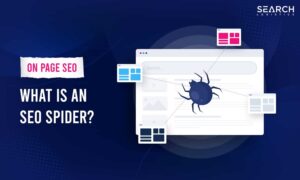
Post Comment